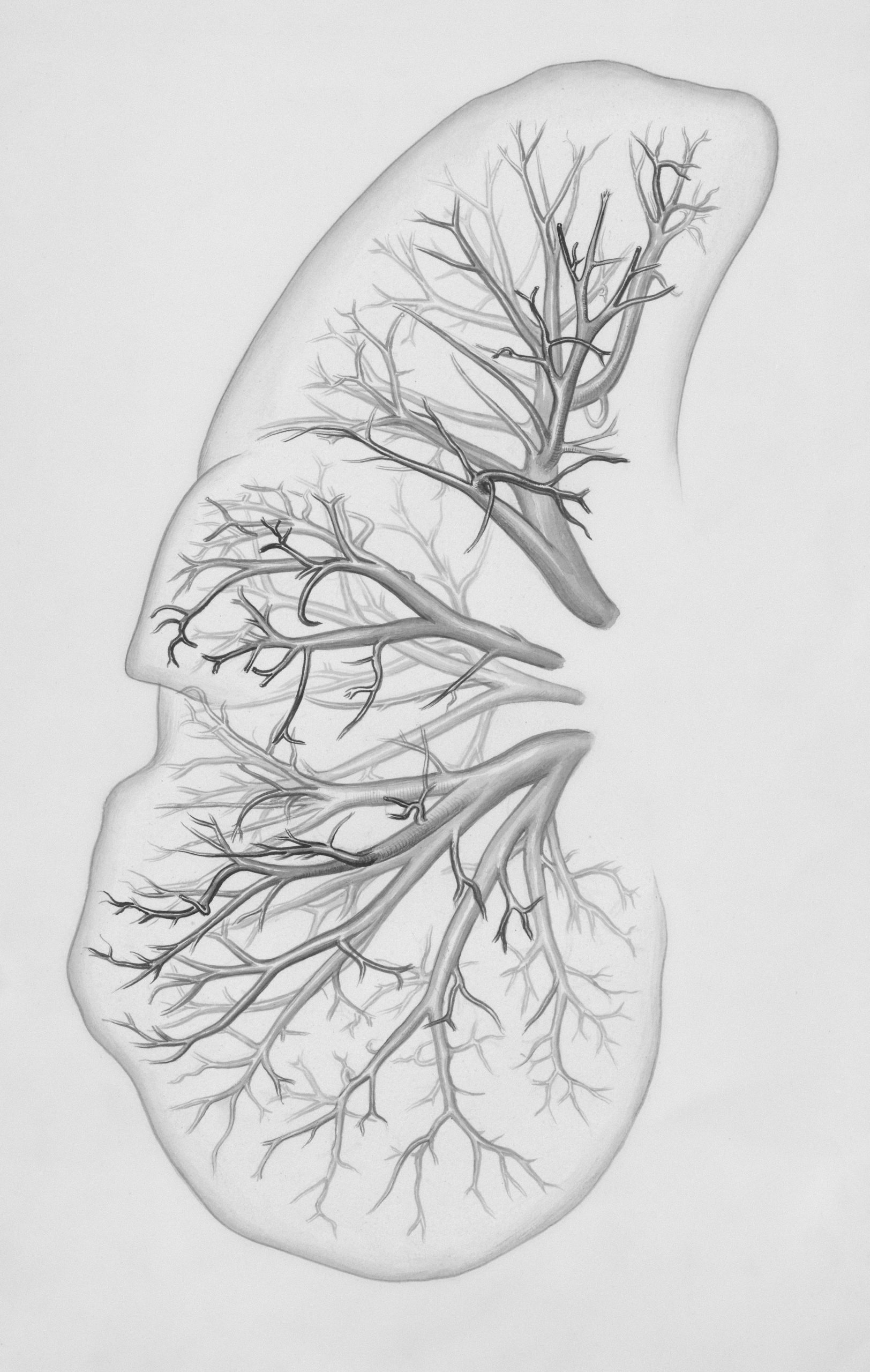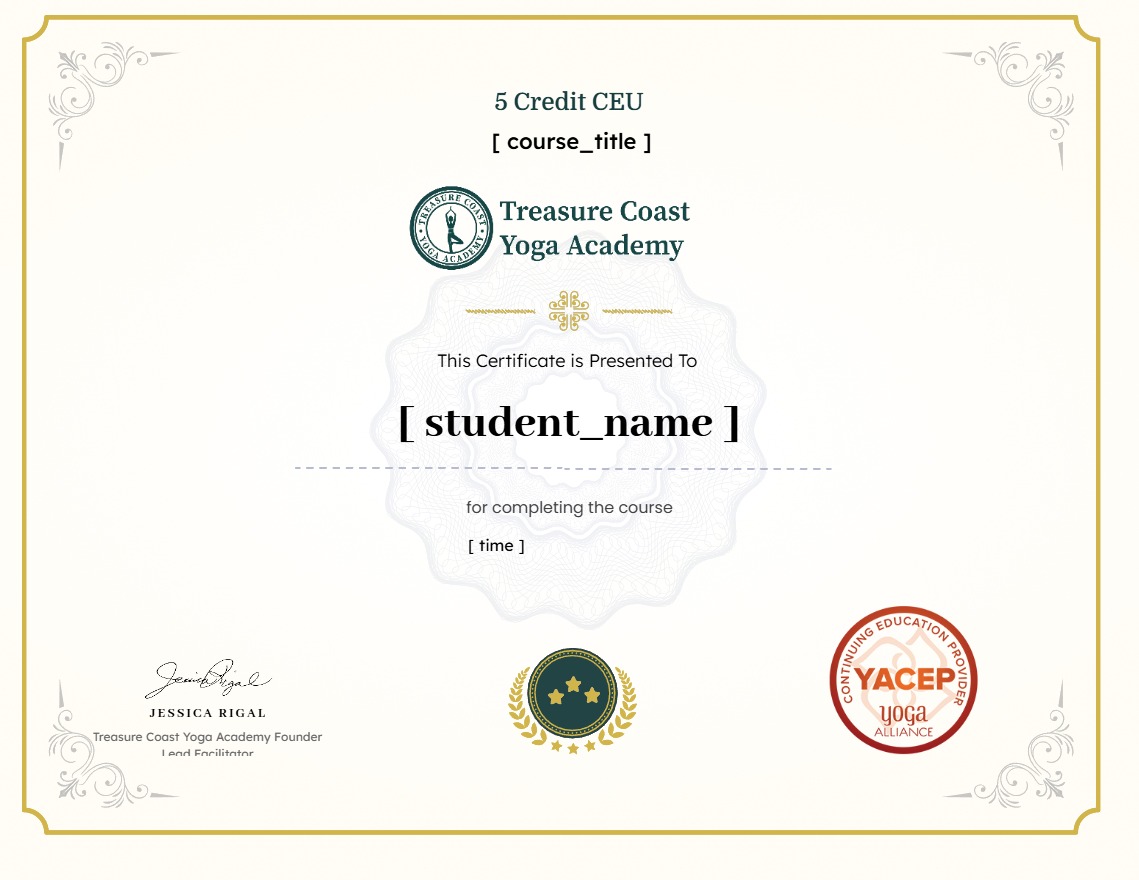
About Course
Breath is the most immediate and accessible pathway into the nervous system. This 5-credit CEU course explores how breathwork can regulate stress, improve cognitive clarity, and restore energy. Rooted in both modern neuroscience and yogic tradition, participants will learn daily practices to reduce brain fog, improve focus, and support emotional resilience.
The course is designed with 2 hours of live contact (Zoom) for mentorship, practice, and Q&A, and 3 hours of non-contact learning (reading, reflection, and self-guided practice). Each module builds toward a complete understanding of breath as a tool for healing and mental clarity.
Course Content
Module 1 – The Science of Breath & the Brain
-
Lesson 1: How Breath Influences Oxygen, CO₂ Balance, and Brain Function
-
Lesson 2: The Vagus Nerve and Autonomic Nervous System Explained Simply
-
Lesson 3: Cortisol, Stress Response, and How Shallow Breathing Worsens Brain Fog
-
Lesson 4: Post-COVID and Mild Cognitive Impairment – Why Breath is a Non-Pharmacological Tool
-
Practice: Diaphragmatic Breathing (Belly Breath) and Awareness Exercise
-
Reflection Prompt Take a few moments to reflect on your breathing patterns during daily life. Consider the following prompt and write down your response in a journal or discussion sheet: “When do you notice your breath becoming shallow? How does that affect your clarity?”
Module 2: Breath & Neuroplasticity: Restoring Cognitive Flow
Module 3: Breath as a Reset Button: Regulating Stress & Mood
Module 4 – Breath for Energy, Clarity & Brain Fog
Module 5 – Integrating Daily Breath Rituals
Earn a certificate
Add this certificate to your resume to demonstrate your skills.

Student Ratings & Reviews
